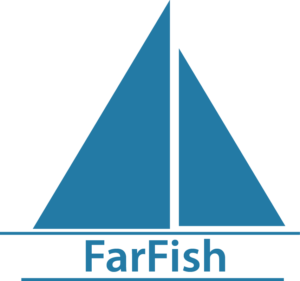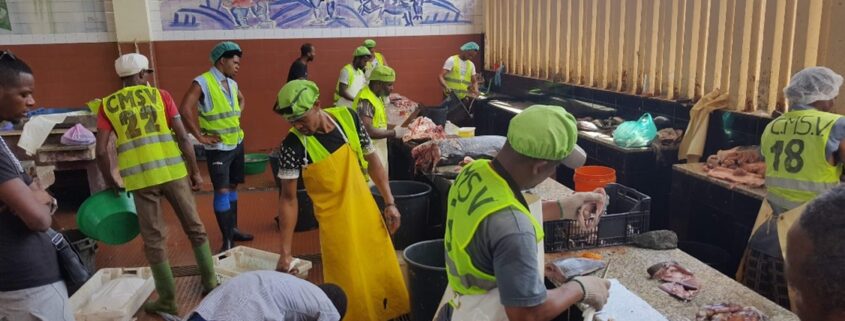Report on potential return on EU long-distant fleet investments in selected West African and Indian Ocean case studies
The FarFish project has published a report that studies potential return on EU investments in selected West African and Indian Ocean case studies connected with the long-distant fleets operations in the areas. The report focuses on small pelagic fisheries in Mauritania and tuna fisheries in West Africa and Seychelles.
The H2020 FarFish project aims to provide knowledge, tools and methods to support responsible, sustainable and profitable EU fisheries outside European waters, both within the jurisdiction (EEZ) of non-EU coastal states as well as in international waters (High Seas). To help achieve this goal, the project has published a report that identifies, studies and recommends investment opportunities for EU operators within some of the areas that conform the project Case Studies. Specifically, the report studies investment opportunities within the small pelagic fisheries in Mauritanian waters, and the associated value chains, and the tuna fish pole and line fishery in West Africa, and the associated value chains. The authors included as well a section dedicated to investigating the specific case of investment of French capital in tuna fisheries in Seychelles.
The analysis done for small pelagic fisheries in Mauritania concludes that although efforts have been made to improve the business environment in Mauritania, it remains more attractive for European investors to continue processing the landings of demersal fishes in Spain and small-pelagic ones in Baltic countries. Still, it is not suitable to foresee large European investment in developing the processing industry in Mauritania to handle the fish landed by EU vessels under the agreement, as this will go against the Common Fishery Policy (CFP) that promotes the maintaining of jobs in the EU based fishing industry. In that regards, a coherence of the external EU policies is sought: the development of the processing industry in Mauritania should be promoted only for the species that are not yet processed in the EU.
For the investigations into tuna fisheries, the analyses were based on interviews with relevant stakeholders, including shipowners and key personnel from public bodies and institutions both in West Africa and Europe. A second case study in tuna fisheries in this case in the Indian Ocean, investigates the investment from the French company SAPMER to improve the land infrastructure in the Port of Victoria (Seychelles), as this would be the only notable investment by European interests in recent years for tuna fishing in Africa. These sections conclude that the fishing area where EU pole-and-line vessels are active is becoming less productive, decreasing the profitability of European flagged vessels, as well as of Senegalese flagged vessels that maintain close partnerships with Europe. As a response, they have attempted to extend their fishing grounds. Additional fishing opportunities are opening in The Gambia (whose EEZ is restricted) and other countries are expected to follow. Contrastingly, the EU sustainable partnership fisheries agreement with Senegal or Mauritania could include fewer fishing opportunities in terms of tonnage, as well as increasingly restrictive conditions for access and landings. European operators have reacted so far by considering the switch to private regime, instead of operating under SFPA, as a preferred strategy.
The full report is available here.




